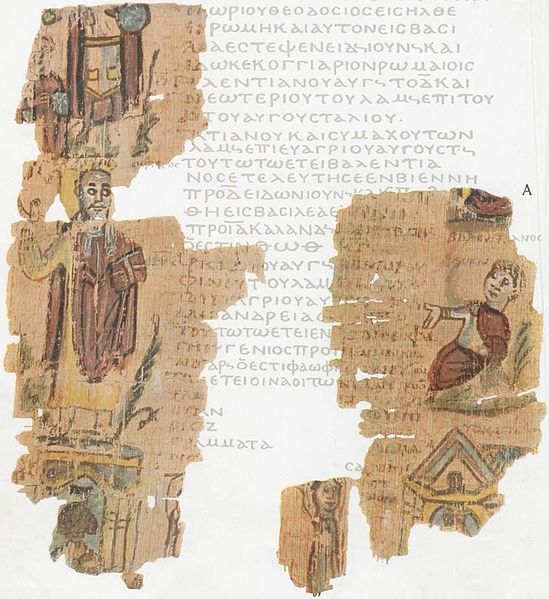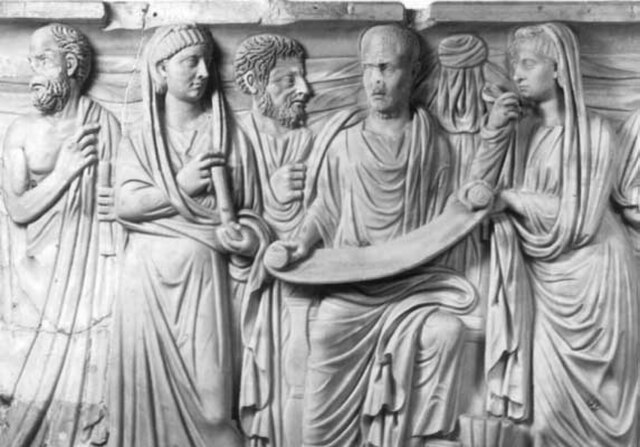Hypatia was a Neoplatonist philosopher, astronomer, and mathematician who lived in Alexandria, Egypt, then part of the Eastern Roman Empire. She was a prominent thinker in Alexandria where she taught philosophy and astronomy. Although preceded by Pandrosion, another Alexandrian female mathematician, she is the first female mathematician whose life is reasonably well recorded. Hypatia was renowned in her own lifetime as a great teacher and a wise counselor. She wrote a commentary on Diophantus's thirteen-volume Arithmetica, which may survive in part, having been interpolated into Diophantus's original text, and another commentary on Apollonius of Perga's treatise on conic sections, which has not survived. Many modern scholars also believe that Hypatia may have edited the surviving text of Ptolemy's Almagest, based on the title of her father Theon's commentary on Book III of the Almagest.

Hypatia's father Theon of Alexandria is best known for having edited the existing text of Euclid's Elements, shown here in a ninth-century manuscript
Original Greek text of one of Synesius's seven extant letters to Hypatia from a 1553 printed edition
Drawing from the Alexandrian World Chronicle depicting Pope Theophilus of Alexandria, gospel in hand, standing triumphantly atop the Serapeum in 391 AD
Illustration by Louis Figuier in Vies des savants illustres, depuis l'antiquité jusqu'au dix-neuvième siècle from 1866, representing the author's imagining of what the assault against Hypatia might have looked like
Neoplatonism is a version of Platonic philosophy that emerged in the 3rd century AD against the background of Hellenistic philosophy and religion. The term does not encapsulate a set of ideas as much as a series of thinkers. Among the common ideas it maintains is monism, the doctrine that all of reality can be derived from a single principle, "the One".
Presumed depiction of Plotinus and his disciples on a Roman sarcophagus in the Museo Gregoriano Profano, Vatican Museums, Rome





